July/August / Global
The Agenda: Affairs
Denmark’s new wave of entrepreneurs, therapy gardens in Ukraine and eradicating malaria.
nature — ukraine
Good sense
Mikael Colville-Andersen moved to Ukraine in 2022 after answering an appeal seeking bicycles for internally displaced refugees. The Canadian-Danish urbanist, who made his name campaigning to export Copenhagen’s cycling knowhow, is bringing something else from his European homeland to the wartorn country: Nordic therapy gardens. “Places like these have a history stretching back to the Roman empire,” says Colville-Andersen. “Research has shown that when you sit in a garden surrounded by sensory stimulants, stress is instantly relieved.”
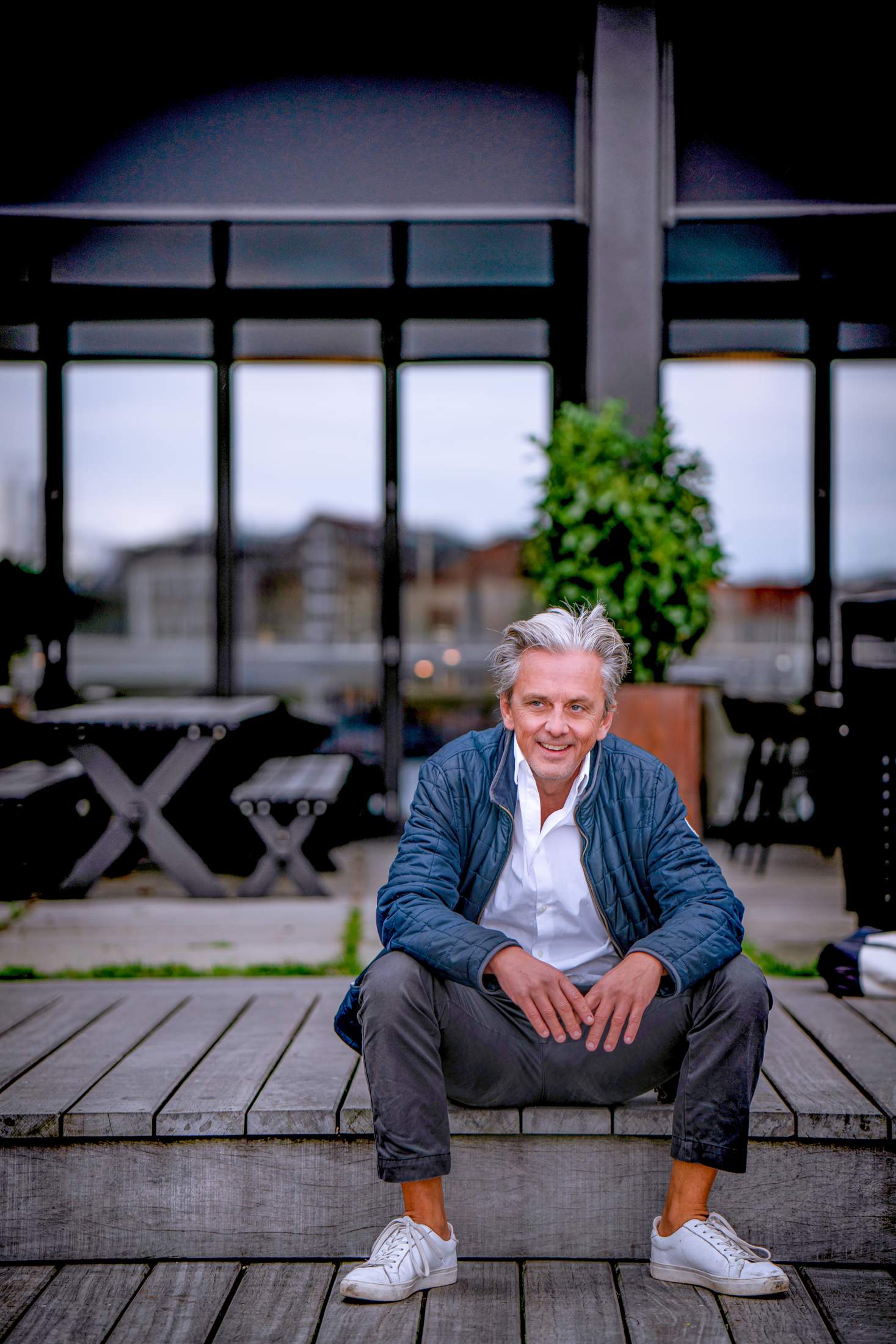
Taking his cue from the therapy gardens found in most Danish towns, Colville-Andersen is introducing the concept to Ukraine – even Denmark’s ambassador to Ukraine has helped out in Kyiv. Colville-Andersen and his team will introduce flowing water, aromatic plants and shaded, private spaces to the gardens. The first garden opened next to a psychiatric hospital in Ukraine’s capital in June, with others to follow in Lviv and Chernihiv. “We need to break through to those struggling with their mental health,” says Colville-Andersen. “I want everyone from doctors to architects to see what we’ve done. Then they can build therapy gardens all across the country.”
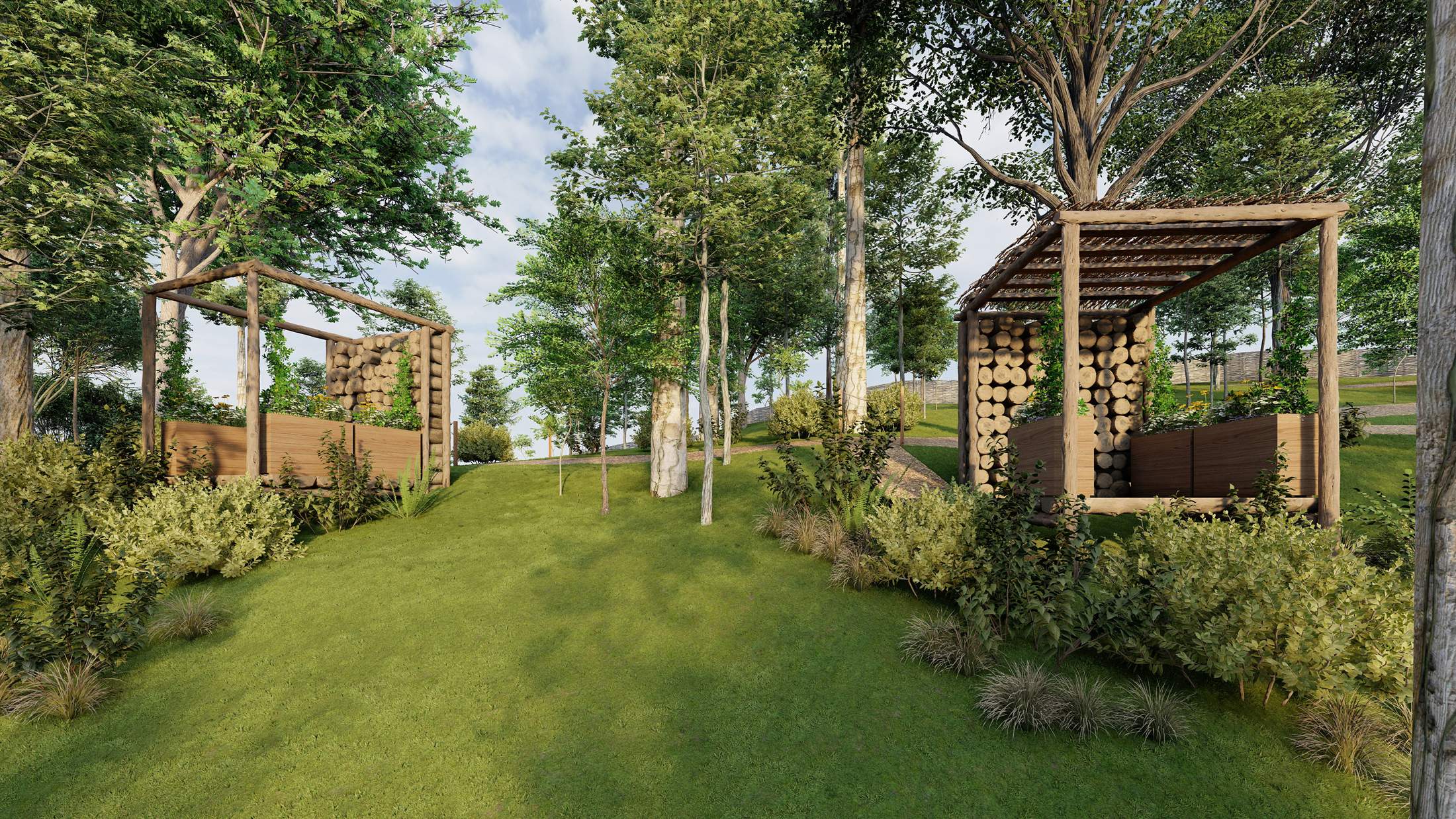
business — denmark
Members on the board
A co-working space mixing surfing and working doesn’t sound like the type of business you would expect to find in Denmark. But “Cold Hawaii”, as Klitmøller on the country’s northwest coast is known, has lured entrepreneurs and remote workers in search of good waves and a better quality of life. As many Danish towns experience an exodus of young people, Klitmøller is booming. “For the past 10 years, more people have come in than gone out,” says Alexander Bengtsen, co-founder of Surf & Work in Voruper, just south of Klitmøller. Bengtsen, who is Danish but was previously living in Portugal, moved here in 2017 to surf and be closer to nature. Shortly after setting up shop, he saw a demand for a co-working space, so quit his remote-working job and opened the area’s first “entrepreneurial house”.
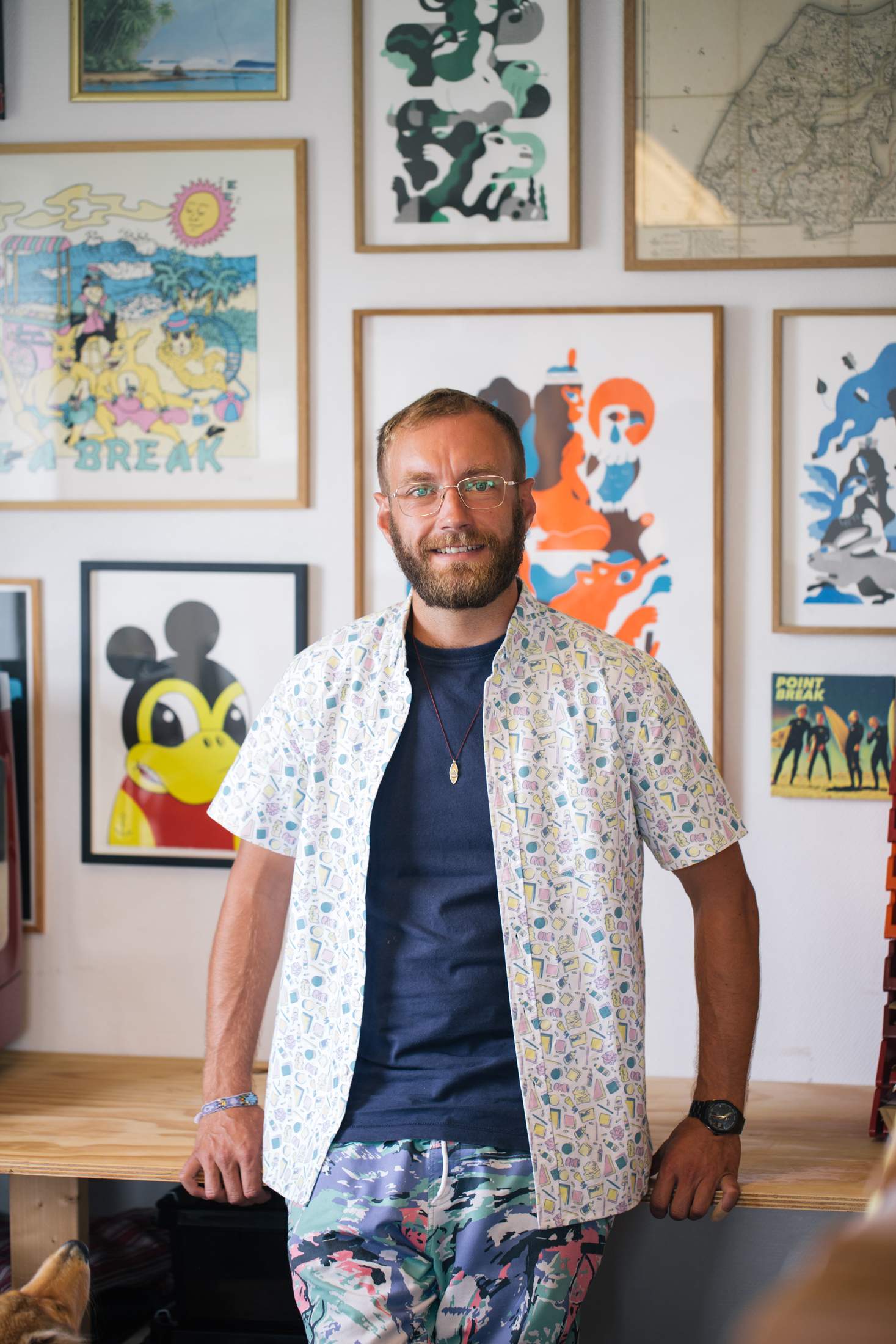
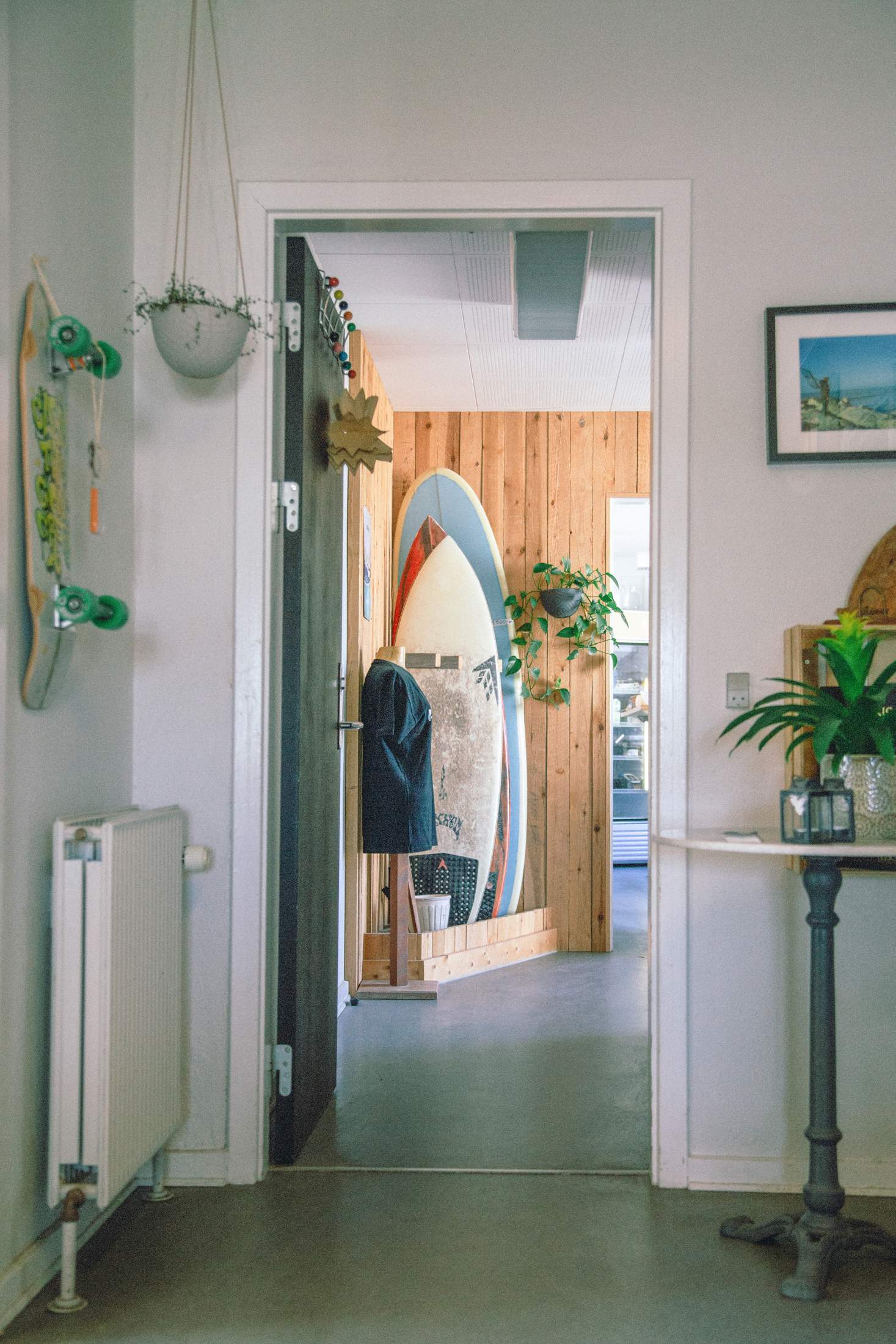
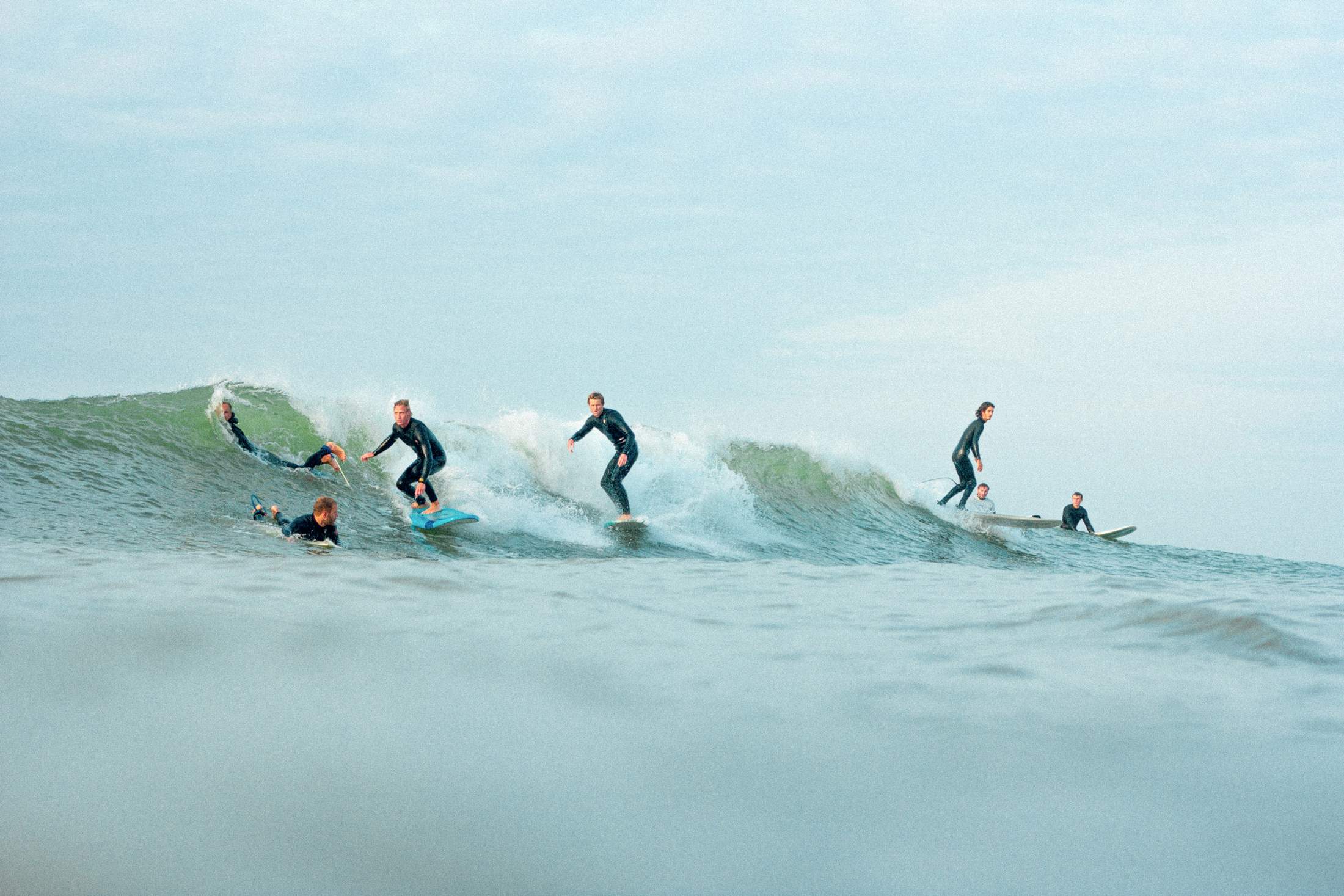
“We’ve attracted people who are tired of city living,” says Bengtsen of Surf & Work’s 40 members. “Most of them come here and start their own thing.” He, for one, has launched an ice-cream company on the side. Among his peers, many of whom have moved from Copenhagen, are coffee roasters, bakers and café owners who share a love for the ocean. “If there are good waves, we go surfing,” says Bengtsen. “Our focus shouldn’t be on work but on what makes us happy.” On Thursdays, many members go cold-water swimming, followed by breakfast at Surf & Work, where they share sourdough bread from a baker who is also a member.
The hope is to expand into a larger space with more amenities. “It’s not a fancy place but we have good coffee and fast internet,” says Bengtsen. And, of course, the wild North Sea just outside.
surfandwork.dk
environment — singapore
Green tracks
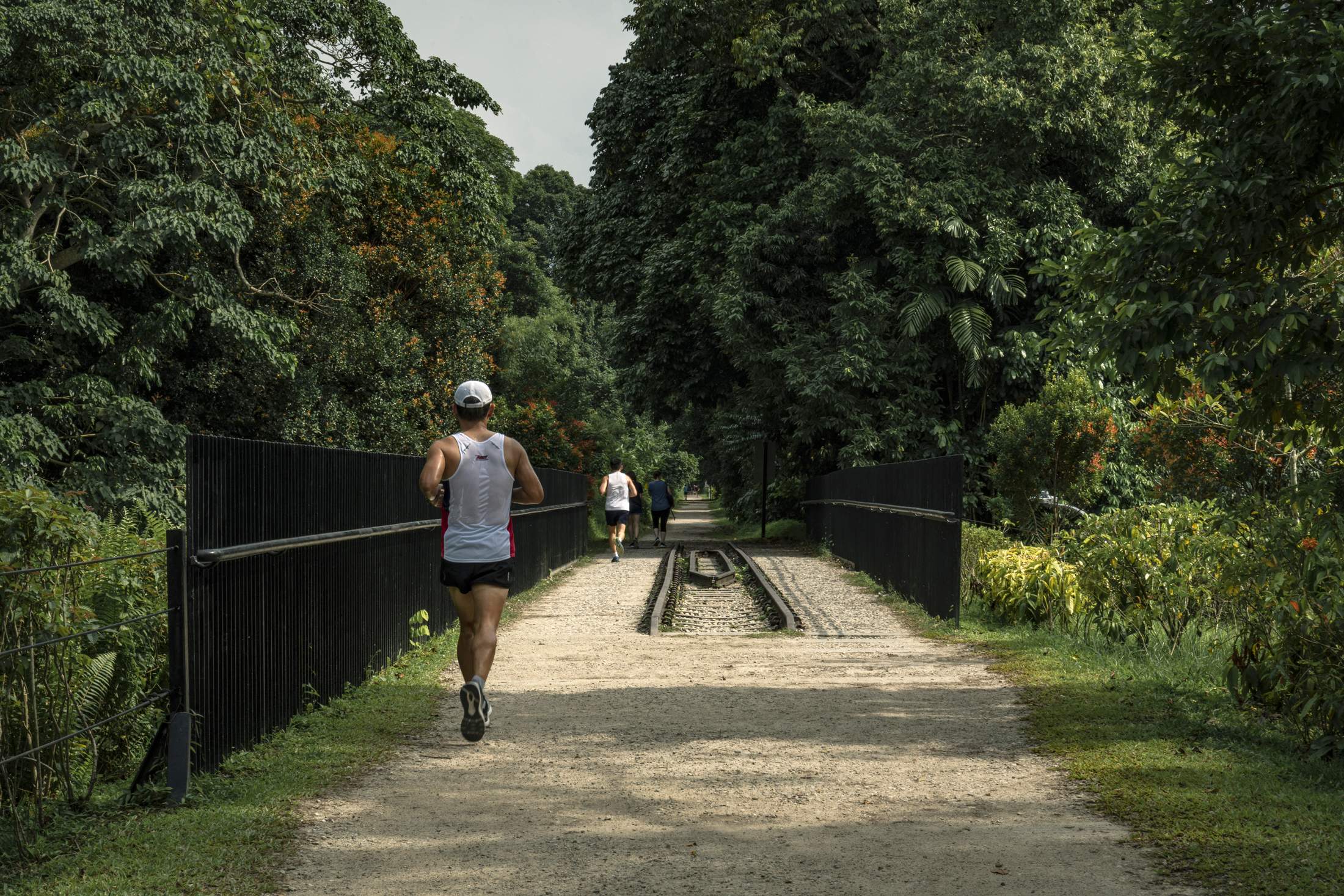
A new section of Singapore’s Rail Corridor opened in April, the latest step in a planned 15-year development of a former railway track into a public park and nature reserve. The 24km trail spans the length of the island, from Kranji in the north to Tanjong Pagar Railway Station on the southern coast. The government has launched a public competition for proposals to redevelop Tanjong Pagar, a 1930s-era rail terminus on the Malaysia-Singapore line that closed in 2011. The station received a heritage designation for its art deco architecture but its future use is uncertain. Options include the addition of restaurants, shops, offices and gardens.
Civic engagement has been vital to the Rail Corridor since its inception. Its existence is something of a historical fluke – for more than a century the land it sits on was owned by the Malaysian government and the trains were run by a Malaysian rail operator. As Singapore developed, high-rises sprung up on the track’s fringes, but the Malaysian-owned strip of green lay untouched. Ownership was transferred to the Singapore government in 2011, when the route’s terminus was moved to the Woodlands Train Checkpoint, endowing the nation with some of the island’s few remaining bits of undeveloped land. The Rail Corridor now contains some of Singapore’s few patches of primordial rainforest, which conservationists have successfully lobbied to have protected. In such a densely populated country, urban greenery is an essential commodity.
Politics — usa
Q&A
Hilary Doe
Chief growth officer, Michigan

Hilary Doe is the first state official in the US dedicated to population growth. She aims to reverse a projected population loss of 700,000 by 2050.
Why are people leaving Michigan and what are they looking for elsewhere? People want opportunities, of course, but great urban place-making is as important as the number of jobs. In Michigan, we have talent gaps and employers with positions that they need to fill. Many of our fastest-growing peer states have higher taxes than Michigan. Yet they have high and rising median incomes, often driven by the knowledge economy, and they retain their entrepreneurs. That’s what we’re focused on in Michigan: a new fund to invest in entrepreneurs. That said, the metropolitan areas driving growth also tend to be walkable and transit-rich. Take Austin, Texas, which is leading the pack in terms of growth but it’s also struggling with high rents and we’re seeing an opportunity there. Detroit, for example, is growing for the first time in years.
How are you getting the word out about Michigan?
At South by Southwest festival this year, the godfather of techno, Juan Atkins, talked about how Detroit birthed the genre. It’s critical that our state own this campaign. I’ve been going all over the state to sit down with Michiganers and enlist them to share their story with people across the country.
The FOREIGN DESK
andrew mueller on...
Stamping out malaria
A few weeks back, this columnist visited Djibouti on a magazine assignment, which went askew thanks to a bureaucratic snarl-up that obliged the photographer and me to spend a night at Djibouti Airport. It provided me with an intimate acquaintance with the local mosquitoes.
Djibouti has a big problem with malaria. This has grown worse following the arrival a decade ago of a pestilential mosquito species: Anopheles stephensi, originally from Asia. Djibouti, with a population of a little more than 1.1 million, believed it had all but banished malaria but now reports cases in the tens of thousands annually. Despite being crammed full of Doxycycline, I was still pleased to observe, on eventually reaching our hotel, the daily dousing of the grounds with powerful insecticide.
I was even more pleased to read, shortly after returning, of the release in the Djibouti City suburb of Ambouli, a swarm of genetically modified Anopheles stephensi mosquitoes. The altered bugs are males, implanted with a gene that will prevent their female offspring from surviving to adulthood (only female mosquitoes bite). The idea is that this will eventually breed Anopheles stephensi out of existence.
The scheme is led by US-UK firm Oxitec, supported by the Bill & Melinda Gates Foundation, and is a worthy quality-of-life initiative. In 2022, the last year for which the who has figures, 249 million people worldwide contracted Malaria, 94 per cent of whom live in Africa. More than 600,000 may have died. By some estimates, malaria costs the continent €11bn every year in lost gdp. An Africa freed from malaria is likelier to become prosperous, therefore peaceful, therefore less of everyone else’s concern.
When we think of quality of life, we think of improvements in places that are already agreeable. One of the best investments any wealthy country can make in its own quality of life is to invest in someone else’s. —
Andrew Mueller hosts ‘The Foreign Desk’ on Monocle Radio.


